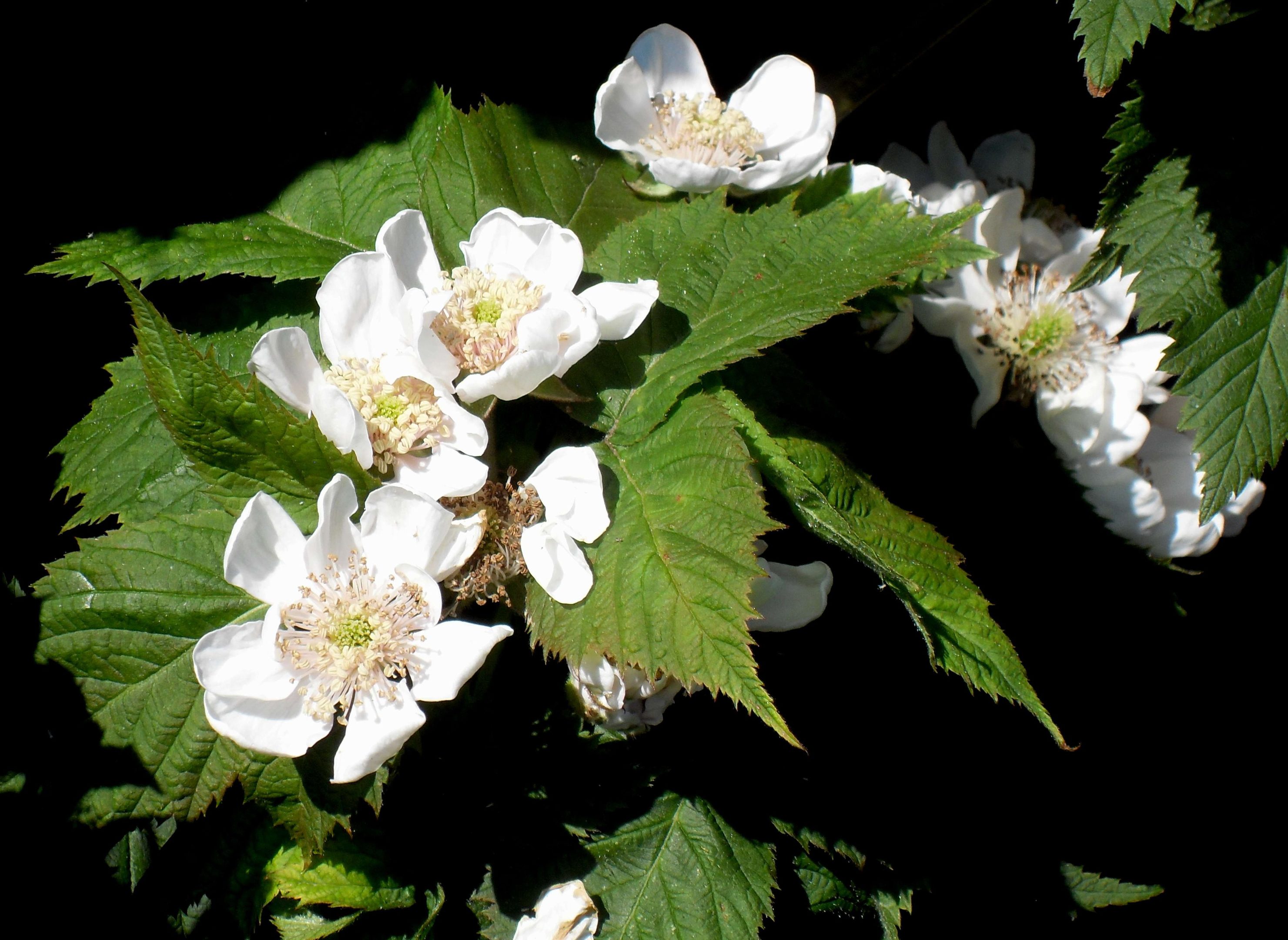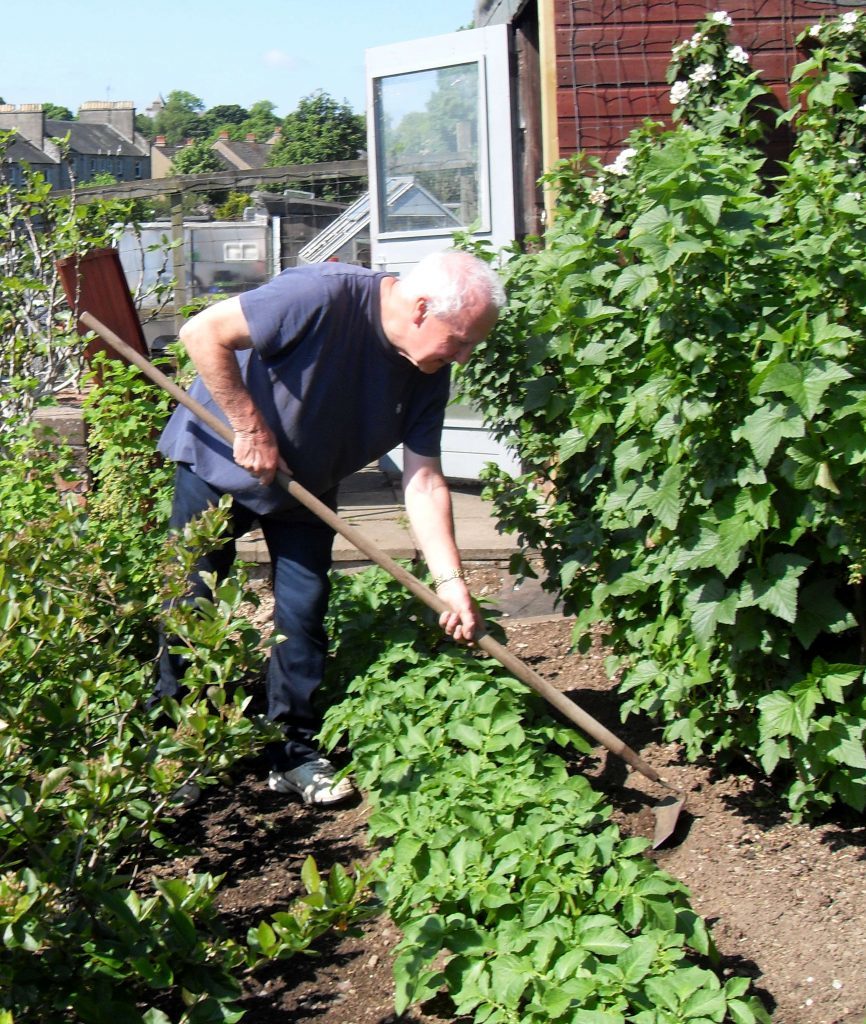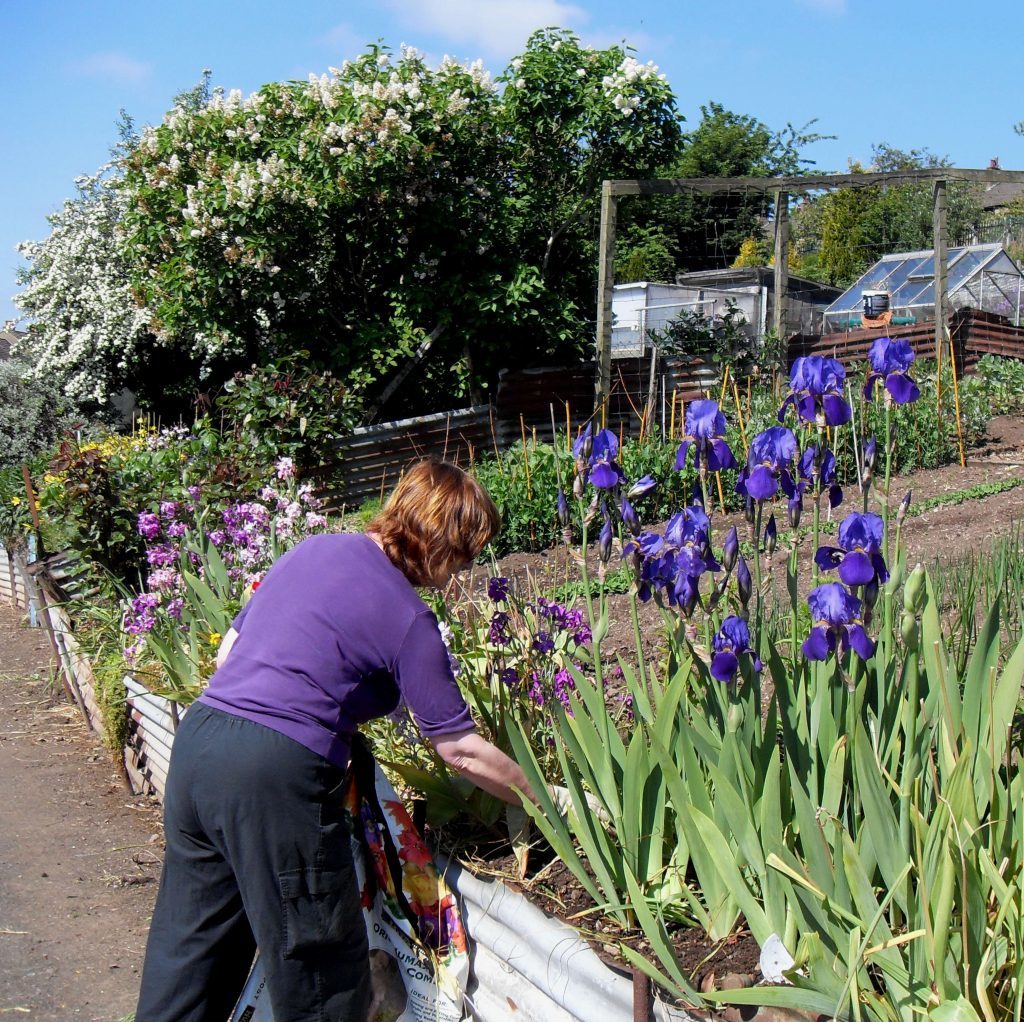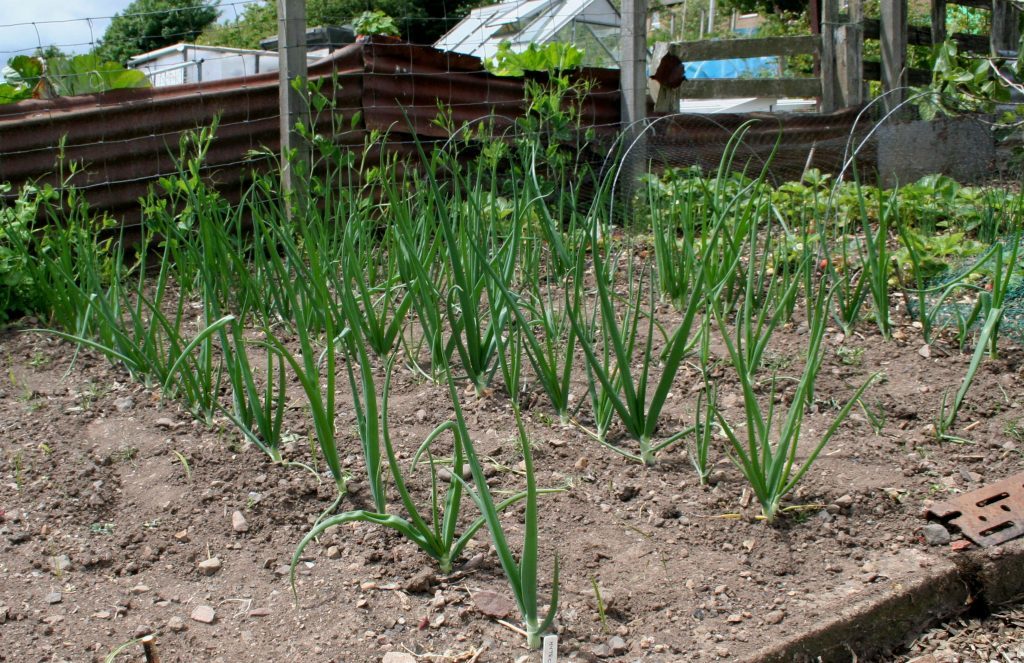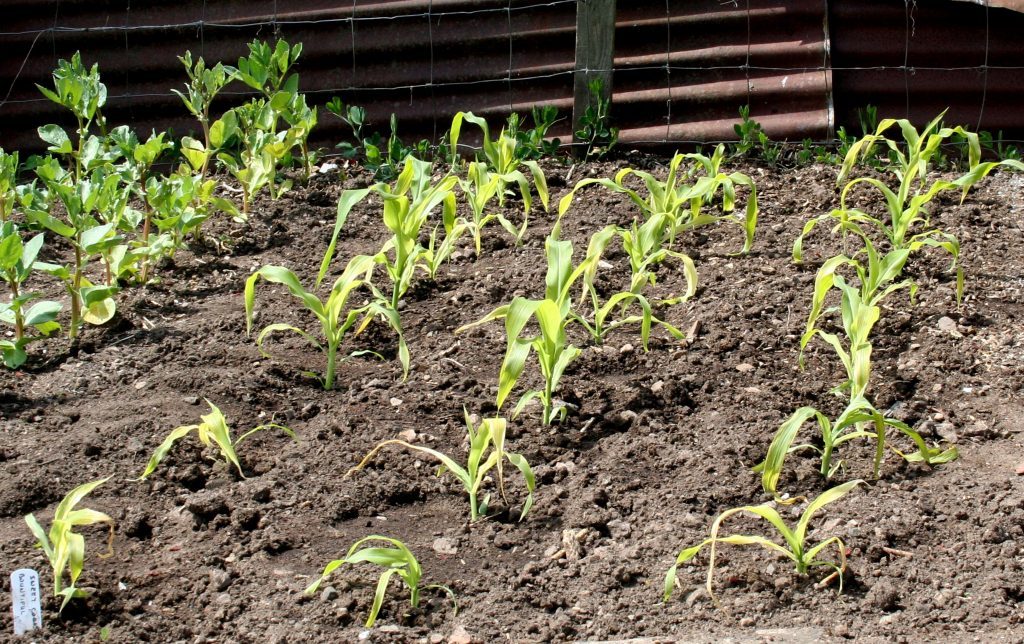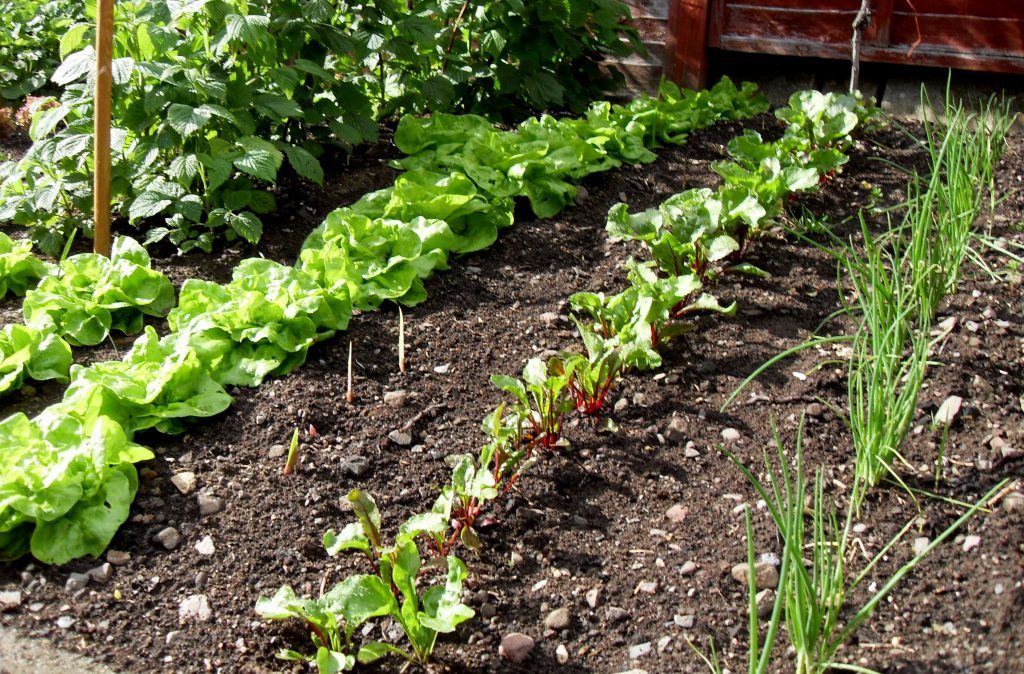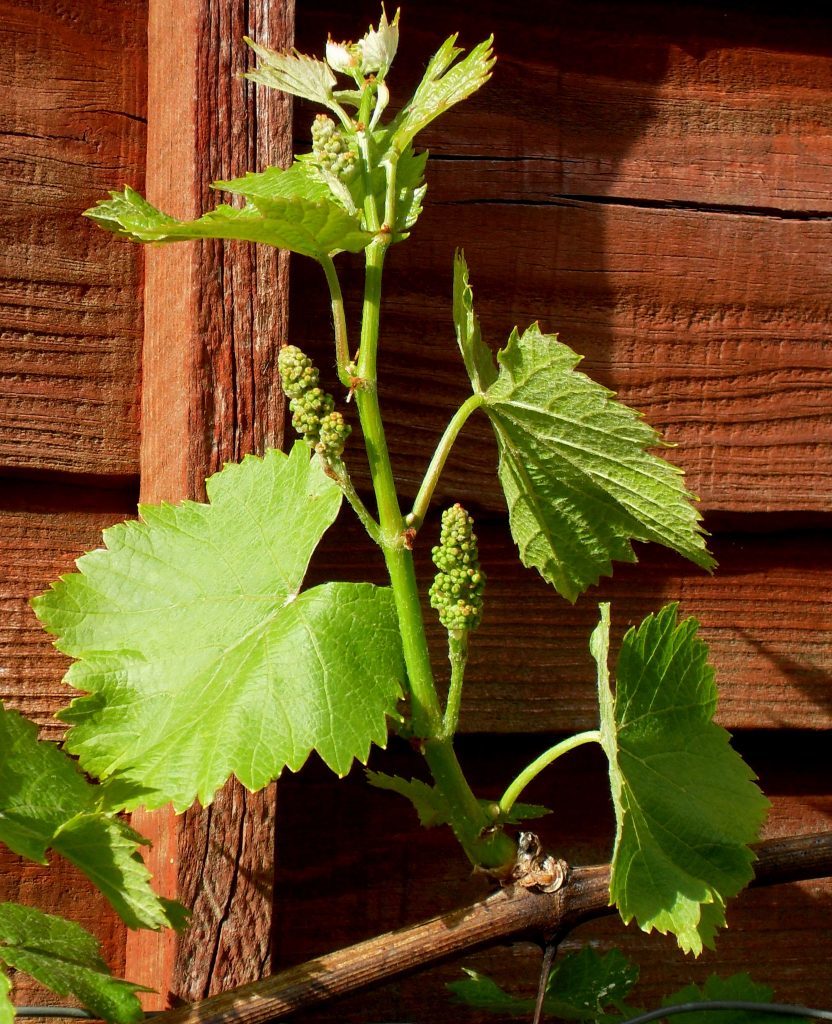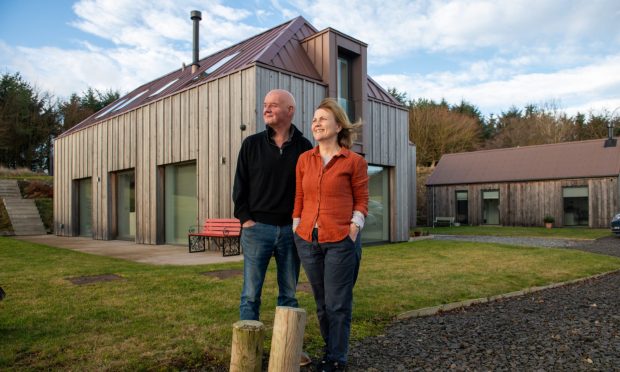Gardeners could not ask for better weather this year.
After the mild winter we got a dry spring then summer arrived in April and May, and then just as we were getting a bit worried about dry soil the rains came and watered the plants.
My first rose opened up in mid May and it looks like I will be getting a few first early potatoes at the end of May.
Weeds are now trying to spoil the show, but we had so much dry weather that weed control by hoeing took care of most weeds early on.
Pests and diseases are a bit rampant as there was no severe winter weather to hold them back.
Slugs and snails are everywhere now the rains have arrived, and greenfly are chomping away at anything green.
Potatoes are growing so fast it is difficult to get time to earth them up and my first early Casa Blanca looks strong enough to allow a picking at the end of May.
All my root crops (carrots, turnips, Swedes) have all germinated and been thinned but my parsnips have yet to appear.
I know they are always the last to germinate, but patience is being put to the test.
Early pea Kelvedon Wonder is now three feet tall well staked with my willow prunings and protected from pigeons with the old fashioned idea of a couple of lines of black thread.
A later sowing of Hurst Green Shaft is now through the ground and ready for staking.
Dwarf French Beans sown direct into the soil gave me a good germination so will need thinning out when they are a few inches tall.
Sweet corn has been a bit disappointing this year as the plants have always been very pale, despite extra feeding so now they are in the soil I am hoping for a good recovery as they start to grow.
Courgettes and pumpkins just love this weather, but needed to kept well watered as they have been very thirsty in the hot sun.
They both got planted on land that had extra helpings of well rotted compost as they are gross feeders and the compost retains moisture.
In past years they have suffered from wind damage in early summer gales but this year has been fine so far.
Cabbage, cauliflower, sprouts and kale planted in early May have all established well, but they all got net protection for pigeons, slug pellets for slugs and snails and collars for rootfly.
Brassicas were always a battlefield for pests and I see plenty cabbage white butterflies trying to seek them out.
Onions grown from seed sown in early March have also established well as this warm weather really suits them. Leeks are thickening up and will soon be ready to lift and transplant into their final rows.
Lettuce, spring onions and radish have grown very fast and picking started in mid May, but I keep sowing new batches for succession of salads together with some mizuna and rocket.
Strawberries are all swelling up so the rows have all got straw laid to prevent soil splashing and crop potential looks great, though it may be early June before I get my first picking.
Raspberries, red and blackcurrants, saskatoons, brambles and gooseberries are all growing strong and look like crops will be heavy.
Gooseberries got attacked by hundreds of sawfly larvae, but an insecticide spray was needed to sort them out.
Outdoor grapes are having a good start with plenty of bunches showing.
Wee jobs to do this week
Clear up withered leaves from spring bulbs as most have now died down assisted by the dry spring.
These can all go on the compost heap, but remove any seed pods from bluebells and grape hyacinths as these can be very invasive.
Another timely job is to check over the stems and leaves of rhododendrons and camellias as scale insects have become a new problem with these evergreens. They are climbing up stems just now to reach the new leaves so can easily be seen and crushed or if your bushes are too big there are some insecticides available to control scale insects which cause the sooty mould.
